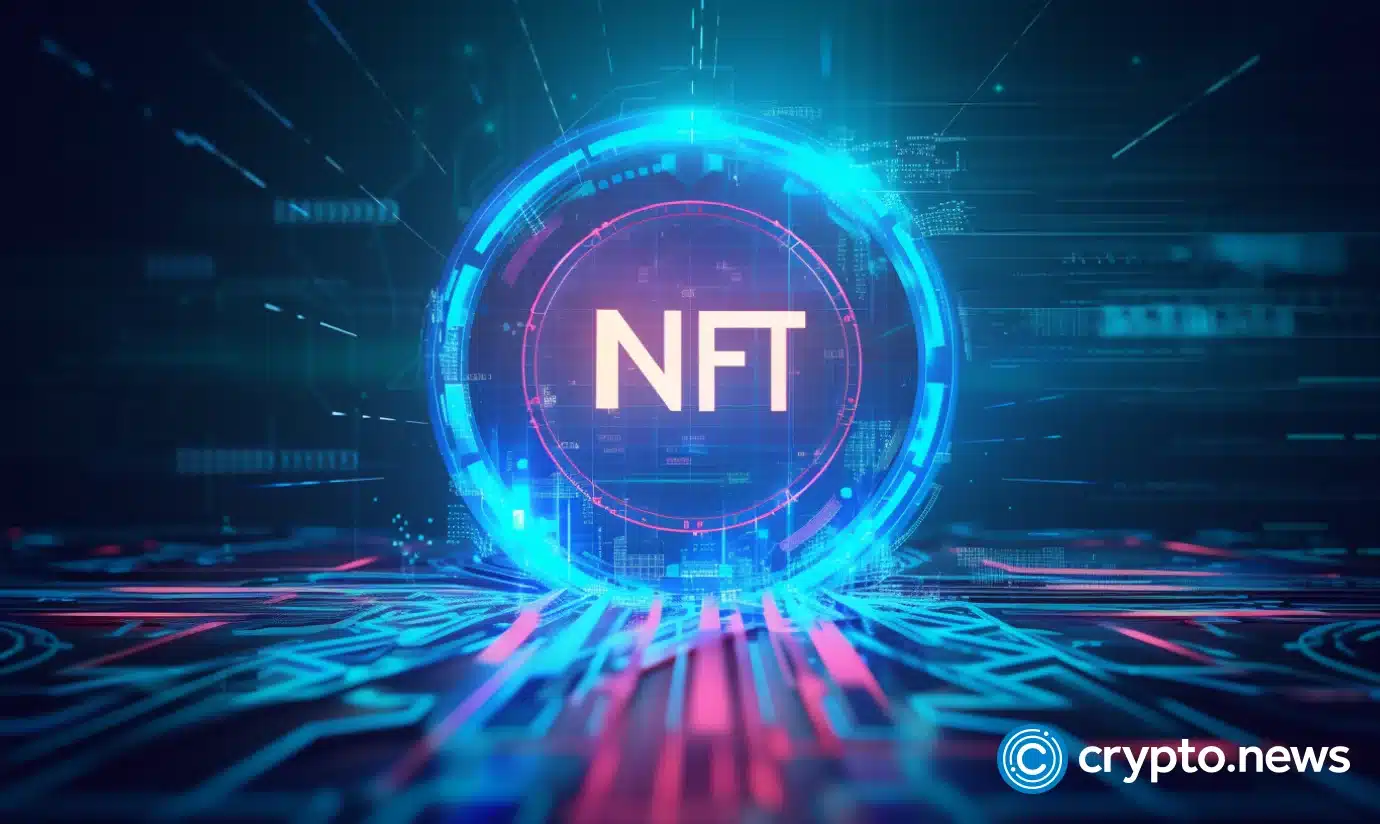Anonymous blockchain researcher ZachXBT claims to have successfully recovered most of the funds from stolen non-fungible tokens (NFTs).
On February 24th, ZachXBT shared the results of his nine-month investigation into the theft of DeGods #3251 NFT with his over 505,000 social media followers. He said most of the funds were successfully returned to victims.
The NFT in question was sold for 99 Ether (ETH), worth about $177,000 at the time.
ZachXBT explained that he received a message from the victim in May 2023, shortly after the victim discovered her wallet was empty.
Who is ZachXBT?
ZachXBT conducts research over varying time periods depending on the complexity involved.
He often utilizes simple diagrams to illustrate phishing scams and track the movement of funds through crypto mixers and the like.
He expressed satisfaction by sharing successful cases of fund recovery and emphasized that it can be achieved even if the process takes a long time.
ZachXBT also mentioned his intention to conclude his free blockchain research work soon. This decision was made after receiving feedback from frustrated
He cited these frustrations as a reason to stop working on public goods soon, but it may take some time.
Billions of dollars lost in cryptocurrency phishing scams
Phishing attacks targeting cryptocurrency users continue to surge.
Among the various deception tactics are so-called “authorization phishing scams,” where fraudsters trick users into approving malicious blockchain transactions.
On January 22, $4.2 million worth of aEthWETH and aEthUNI tokens were lost due to a sophisticated phishing attack within the Web3 ecosystem.
Phishing attacks trick individuals into revealing their private keys or personal information, with the perpetrator posing as a real person to gain trust.
Spear phishing, which makes emails appear real, and ice phishing, where victims unknowingly transfer ownership of tokens to scammers, are common forms of these attacks.
The U.S. Securities and Exchange Commission (SEC) has been proactive in combating phishing scams and attacks by educating investors how to recognize and avoid these scams.

